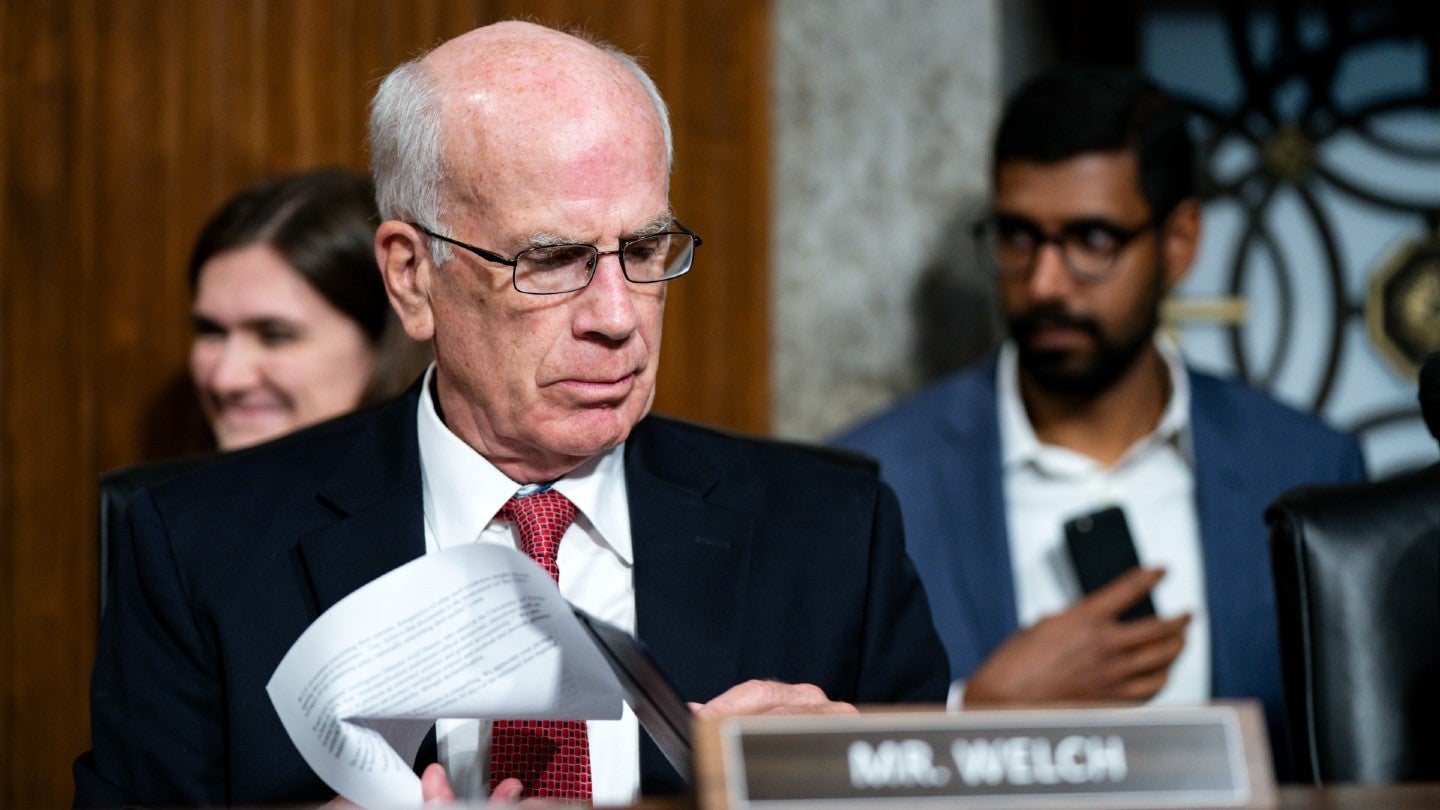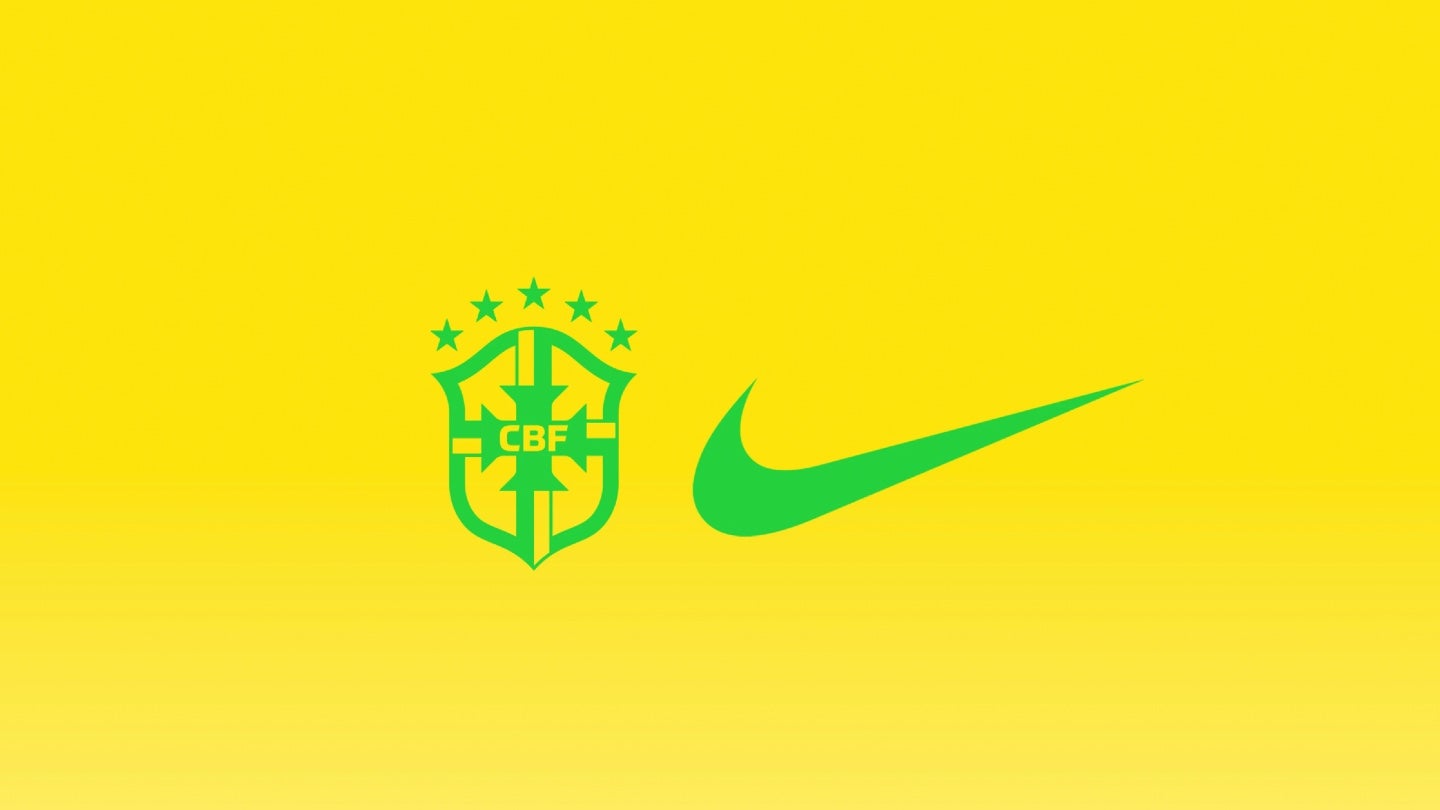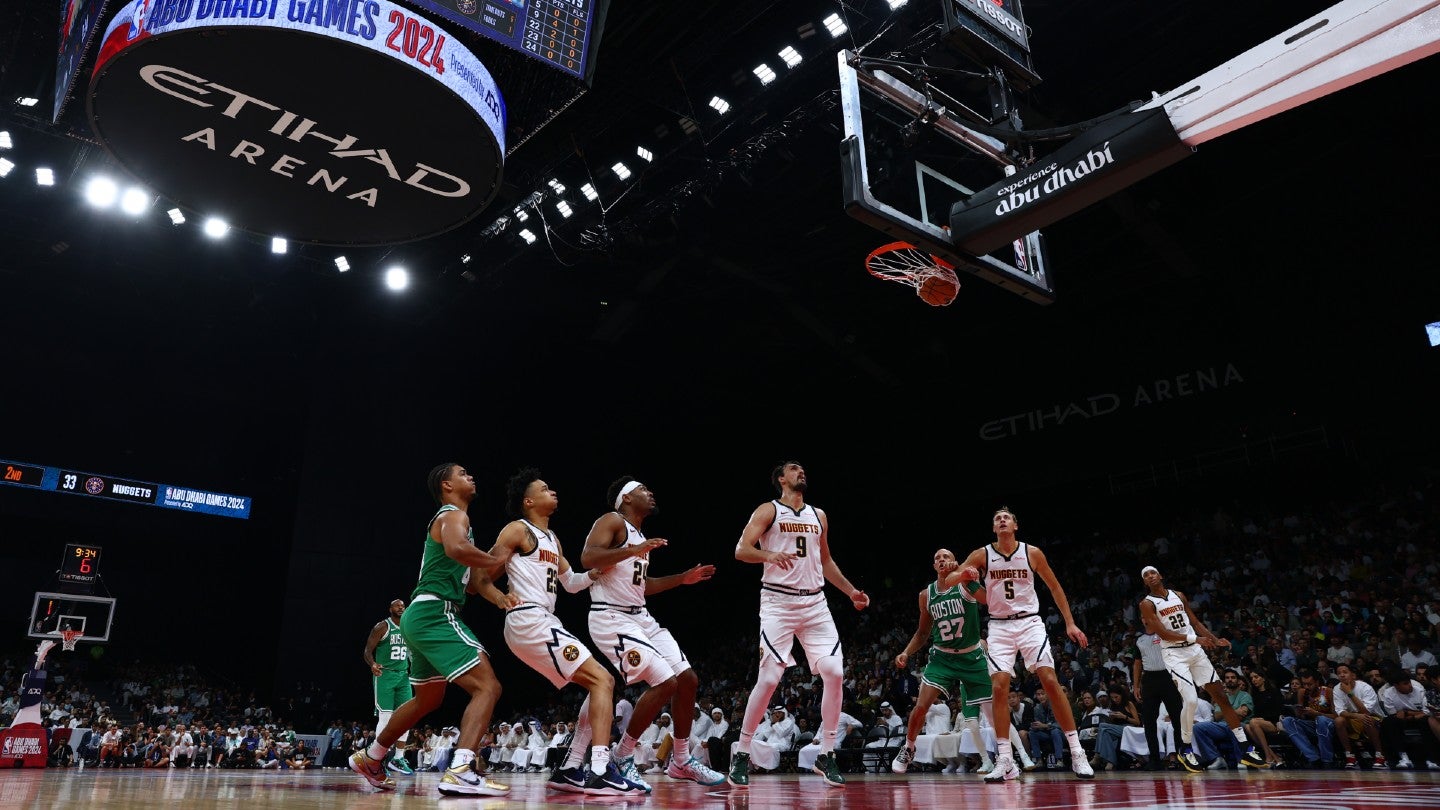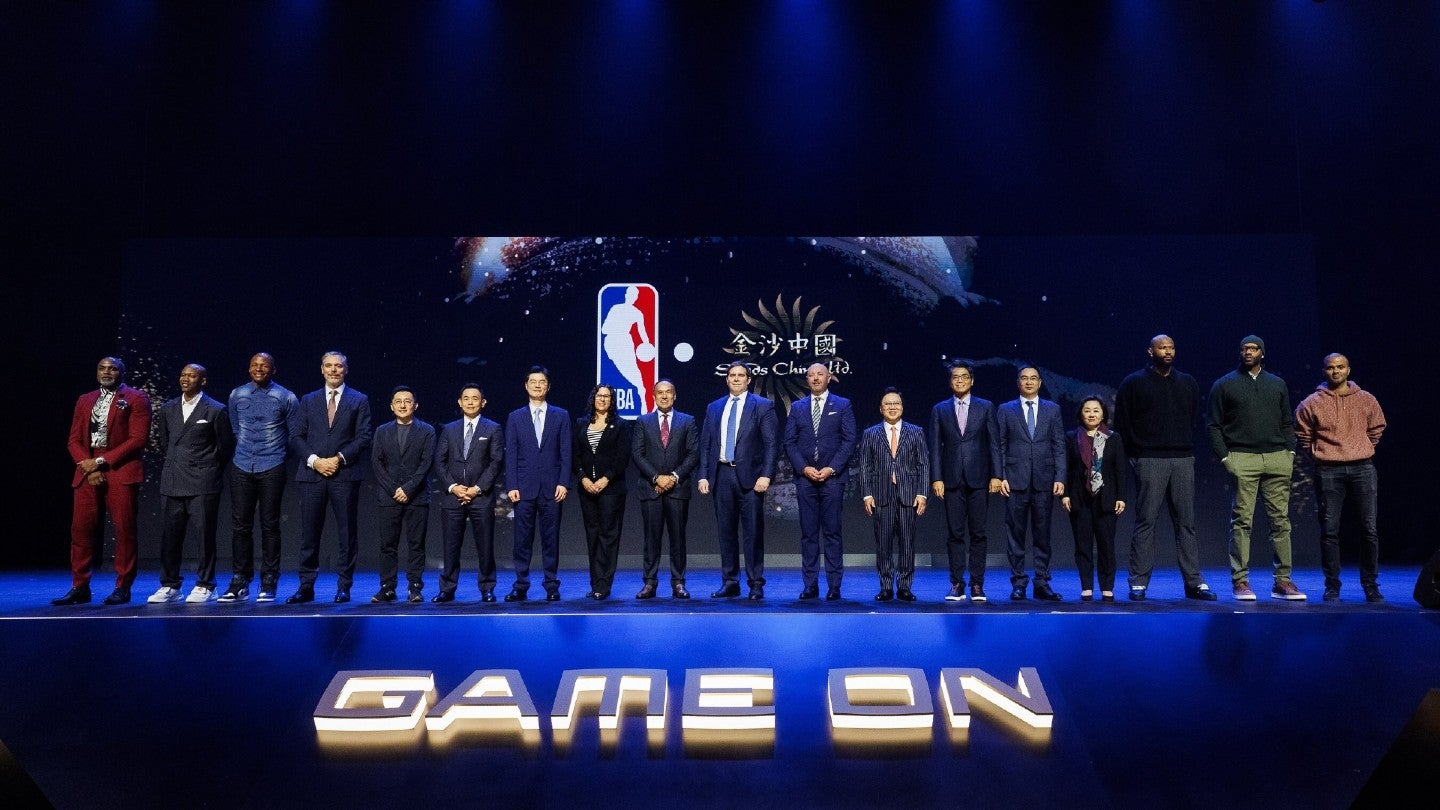A pair of cross-partizan US Senators have jointly tabled a letter to the country’s Federal Trade Commission (FTC) seeking an investigation into sportsbook giants FanDuel and DraftKings, accusing the two companies of anti-competitive behavior.
Mike Lee (Republican senator for Utah) and Peter Welch (Democrat senator for Vermont), have insisted that the FTC launch an investigation into the actions of FanDuel and DraftKings over what they say is an essential need to protect consumers.
In 2017, the FTC blocked a proposed merger between DraftKings and FanDuel on the grounds that it would have created a monopoly over paid daily fantasy sports competitions, a market that it would have controlled 90% of at the time.
Since then the pair of firms have expanded into sports betting, and Welch and Lee have accused them of collaborating to box out their competitors, stating that they have “arguably acted as one company, violating our antitrust laws.”
The letter states: “Public reports have alleged that FanDuel and DraftKings, together and through their trade association the Sports Betting Alliance, have undertaken a coordinated effort to pressure crucial business partners not to do business with these new players.
“For example, there are concerning reports that FanDuel and DraftKings have worked in concert to exert pressure on smaller rivals to stymie market access.”
This has been perpetuated, the letter alleges, by the pair of companies using their relationships with the major US sports leagues, commercial partners, payment processing firms, and vendors, to “interfere” with the actions of their rival sportsbooks.
Neither FanDuel, DraftKings, nor the FTC have commented on the investigation request.
DraftKings for one is already in the midst of a lawsuit directed at it by the National Football League Players Association, which accused the sportsbook in August of not paying what it owes for using the likenesses of NFL athletes on non-fungible tokens and is seeking $65 million.
FanDuel meanwhile only recently settled its own legal dispute with the Major League Baseball Players Association in a case (now dismissed) that also concerned the improper use of names, images, and likenesses.















